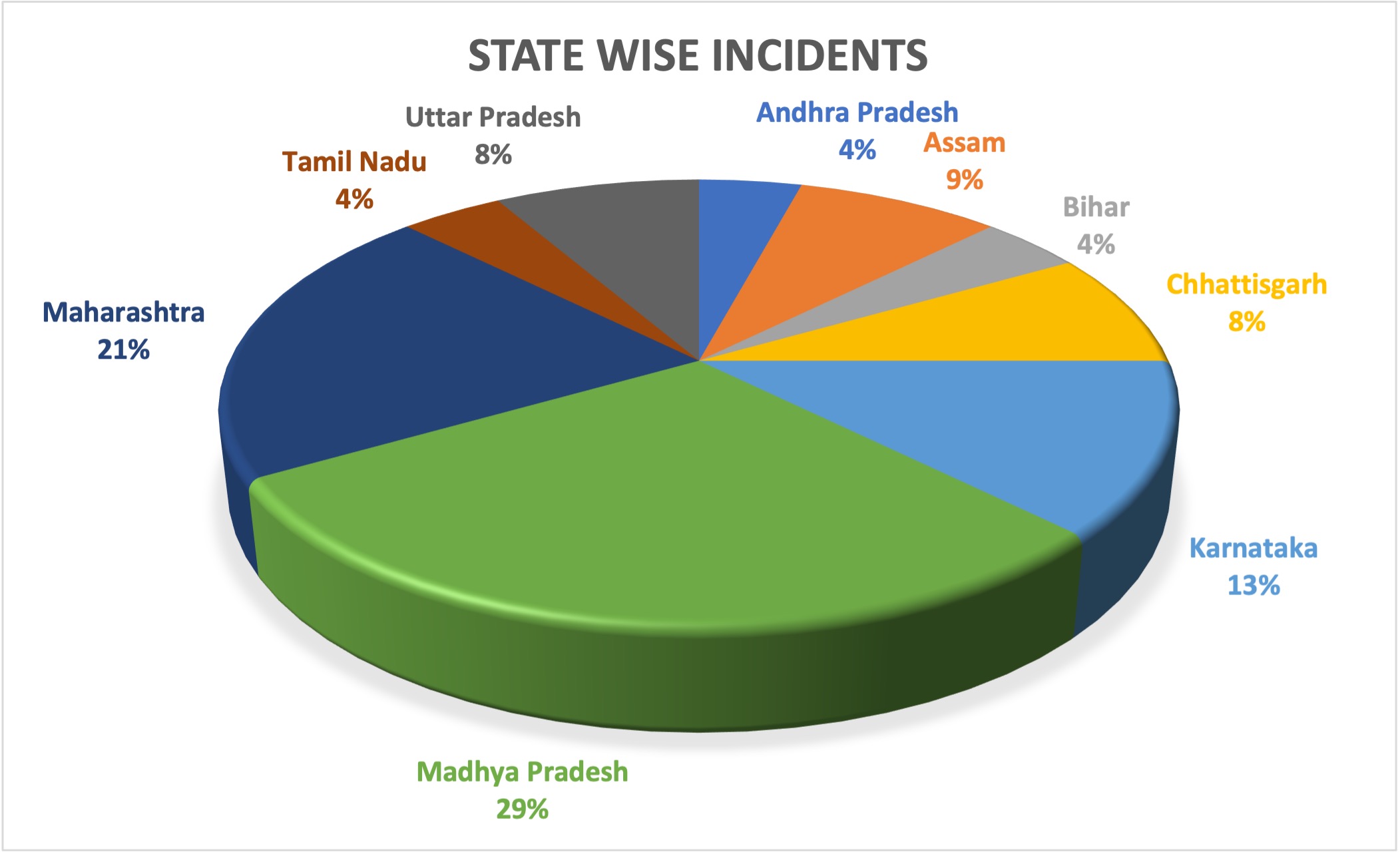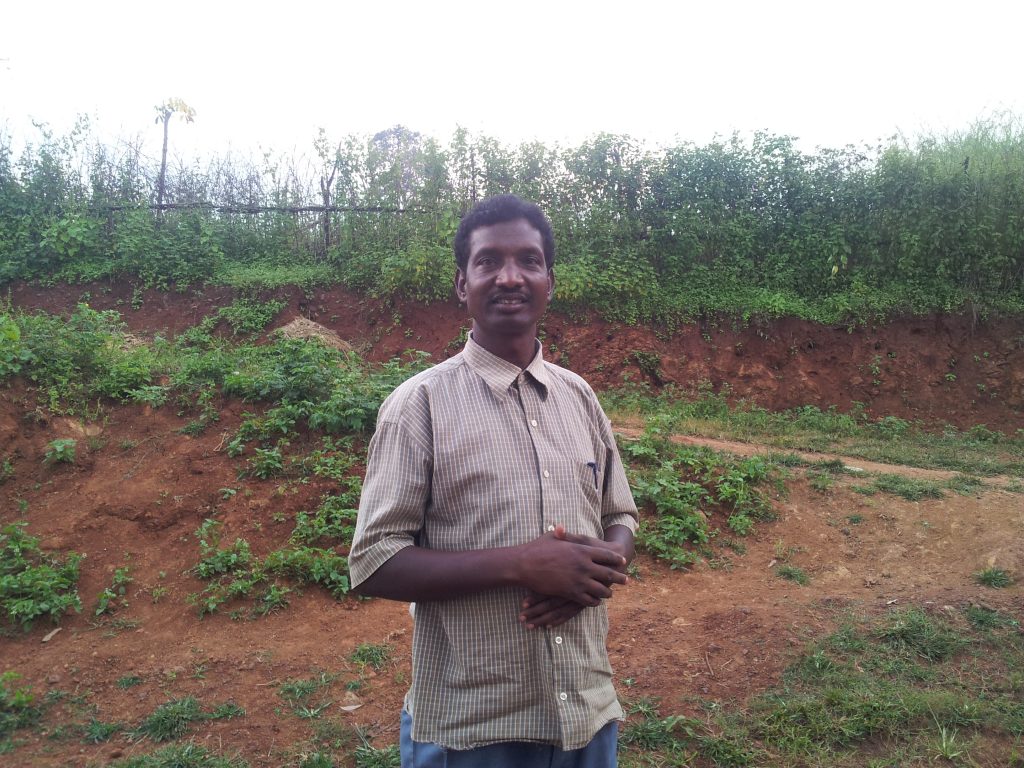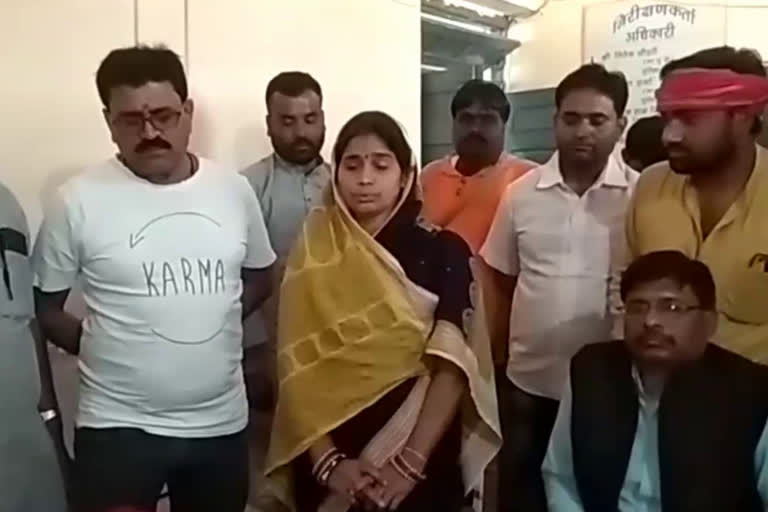Persecution Watch 16 – 28 February 2021

EFIRLC, Persecution Watch, RLC Report
Christians in India continued to face opposition, harassment and violence, as the RLC documented 24 incidents in the month of February 2021. January 2021 has seen 29 incidents documented by RLC.
Many cases have been filed against Christians under the new Freedom of Religion ordinance in Madhya Pradesh since January 2021. The state led the tally in February with 7 incidents. The state government had acknowledged in January that as many as 23 cases had been registered under the ordinance within a month of it coming into force. Hindustan Times had reported on 11 February 2021, that since the ordinance had come into force, 28 people, mainly Christians, had been booked under it with the community accounting for 67% of all accused under the provisions of the ordinance.
The accused in nearly all the cases claim that the charges against them are frivolous. For instance three people including two pastors who were arrested in Balaghat district on 27 January were booked under sections 3 and 5 of the new ordinance. A FIR No. 73/2021 dated January 28 was registered against them. However, they claim that the police along with members of some right wing groups disrupted their private meeting, which was organized in the house of Chhatarsingh Katre, as a send-off party for his daughter who was about to go to her college in a few days. The pastors were merely guests at the celebration. As per reports, after disrupting the meeting the mob and policemen took Katre and the pastors plus two others including a minor to the police station on the pretext of questioning while the rest of the family was kept almost in house arrest for a few hours by members of right wing groups and some policemen. Katre and the pastors were detained in the police station on pretext of questioning throughout the night, while the minor and another man were let go. The detained were then charged under the sections of the new ordinance.
Another instance, where the complaint is also alleged to be false happened in Khajurao, where Sister Bhagya, a nun and the Principal of the Sacred Heart Convent, was charged under the sections of the MP Freedom of Religion ordinance after a disgruntled employee, Ruby Singh, lodged a complaint of conversion against her on 19 February 2021. The school administration claims that this allegation is false and that Ruby Singh was removed from her job which prompted the allegation. The school reportedly had also asked for police protection from Ruby Singh on 17 February, prior to the allegations of conversion levelled by her on Sister Bhagya.
On 2 March 2021, the government of Madhya Pradesh introduced the Madhya Pradesh Freedom of Religion Bill, 2021 in the assembly to replace the ordinance.
Maharashtra followed Madhya Pradesh in February with 5 incidents recorded, followed by Karnataka with 3, Uttar Pradesh, Chhattisgarh, Assam with two each and Andhra Pradesh, Bihar and Tamil Nadu with 1 incident each.
Incidents of disruption of worship services, physical violence, social boycott and harassment by officials continued this month as well.
Meanwhile the Government, through the Law Minister, Mr. Ravishankar Prasad, confirmed their stand on denying reservation benefits for Christian and Muslim Dalits, during a response to a question in the Rajya Sabha on 11 February 2021. Christian and Muslim Dalits have been long demanding the same benefits as their Hindu, Sikh or Buddhist counterparts but neither the UPA nor the NDA have shown the political will to rectify this grave injustice of denial of benefits on the basis of faith.
We appeal to the Honourable Prime Minister, the Honourable Home Minister, and to the Heads of the respective state governments to ensure the security of the minority Christian community and to deal stringently with anyone who attempt to disrupt peace or communal harmony and who work to create an atmosphere of fear among the Christian community and other religious minorities.
List of incidents from 16 – 28 February 2021
On 18 February Kota tehsil, Bilaspur district, Chhattisgarh, five Christians – Durgawati, Vidyawati, Gulshan Kumar, Durgawati and Sandhya – were coerced by their family members and other villagers during a village council meeting to reject their Christian beliefs. When they refused, they were brutally beaten up. After which all five of them, out of fear of their relatives and villagers, left the village and hid in the nearby Navadih village in the house of a Christian family. The Christian families had been facing harassment for more than three weeks. Subsequently, Pastor Chensay Lakda filed a complaint at the Kenda police post appealing for protection and help.

On 19 February in Khajuraho town, Chhatarpur district, Madhya Pradesh, Sister Bhagya, the principal of Sacred Heart Convent High School was booked under the Madhya Pradesh Freedom of Religion Ordinance 2020 on a complaint by a female teacher who accused her of harassment and attempts to force her to convert her religion. Khajuraho police registered the case after Ruby Singh, who worked as a librarian at the school, alleged that the Principal had lured her with more salary and a regularized job if she adopted Christianity. Singh alleged that when she refused, the Principal fired her from the job and stopped paying her salary. She has been working at the school on contractual basis for the past four years. The school administration denied the charges and said that after Ruby Singh was removed from her job, she put the allegation. The school had asked for police protection from Ruby Singh on 17 February.

On 20 February in Lamker village, Bastar district, Chhattisgarh, a village council met to sort out the concerns raised by the Christian families in the village. Pastor Guptha Khawasi told sources that the families had been frequently verbally assaulted and harassed by religious radicals on account of their Christian beliefs. Reportedly, the matter was eventually settled through mutual understanding and compromise.
On 21 February in Ambedkarnagar district, Uttar Pradesh, a team of local police and religious radicals barged into a Sunday prayer meeting and demanded that the service be stopped. They verbally abused the pastor and warned him that if conducted the services again, he would be arrested and sent to the prison on charges of religious conversion. The pastor categorically denied all allegations of involving in conversion activities.
On 21 February in Basmath city, Hingoli district, Maharashtra, a police complaint was filed against Pastor Prakash Wadekar. Four days prior to the incident a group of locals had approached the pastor to rent his Prayer Hall for a wedding. The pastor had turned down their demand saying that the hall was only used for prayer meetings. On 21 February, the irate group of locals approached the local police station and the District Collector and filed a complaint that in the guise of conducting prayer meetings the pastor was using the hall for practising witchcraft and tricking innocent people in the area.
On 23 February in Dindori district, Madhya Pradesh, villagers of Mangadh and Amadongri villages, seemingly incited by religious extremists, filed a police complaint against some Christians alleging that they were being induced to convert. The complaint was submitted at office of the Superintendent of Police, Dindori.
On 23 February in Chikmagalur district, Karnataka, Pastor Krishna, Pastor Umesh and another Christian, were arrested and charged with The Scheduled Castes and Tribes (Prevention of Atrocities) Act along with charges of engaging in religious conversion activities. Their application for bail was rejected by a lower court.
On 27 February in Gajraula city, Amroha district, Uttar Pradesh, seven Christian pastors – including Daniel Masih and Ramavtar Patil – who are affiliated with Vishwa Vani, were summoned by Sanjay Kumar, the Local Intelligence Unit (Intelligence Bureau) official, for questioning. Sources reported that the officer, with much aggression, questioned the pastors on their source of funding, their Christian services, and the activities for which their organization was utilizing the funds. The pastors were visibly shocked and traumatized after the verbally harassing interrogation. Earlier too, on 22 January this year, they had been summoned by the JP Nagar police station regarding their Christian ministry in the area.
On 27 February in Kallur village, Belgaum district, Karnataka, Prakash Narayan, a Christian, and his family were arrested by Bailhongal police and detained at the police station for queries. Narayan and his family were picked up from the home of a Christian family where they had gone for a friendly visit. Some local villagers complained to the police that Narayan and his family were involved in religious conversions. Only after the other family gave a written undertaking that Narayan’s visit had no conversion element to it, that the police released them without any charges.
On 27 February in Chitapur town, Gulbarga district, Karnataka, a Christian prayer meeting was disrupted by some 15-20 religious extremists. The incident occurred while Pastor Arvind Kumar had gathered along with his congregation to say the Sunday prayers. The church members approached Chittapur police station the same day to lodge a complaint but were told to come the next day since the police inspector was not available.
About RLC
The Religious Liberty Commission (RLC) is an initiative of Evangelical Fellowship of India and is established in accordance with biblical principles to facilitate reconciliation, to promote religious liberty and fundamental freedoms for all, and to seek justice for those who are abused and oppressed. The RLC promotes through its activities a suitable response to violations of religious freedom in the complex context of India while speaking for the marginalized.
Evangelical Fellowship of India (EFI), founded in 1951, is the national alliance of evangelical Christians. Its membership includes over 54 protestant denominations and related congregations (over 65,000 Churches), over 200 Church related mission agencies and organizations and thousands of individual members. As a central network of evangelicals and a service organization, it represents the Evangelical voice and builds capacity to promote participation in nation building.
EFI is a charter member of the World Evangelical Alliance. The WEA is a global organization of evangelical Christian churches, serving more than 600 million evangelicals, founded in 1846. WEA has a consultative status with the Economic and Social Council of the United Nations.
Released by:
Rev. Vijayesh Lal
National Director – Religious Liberty Commission
General Secretary – EFI